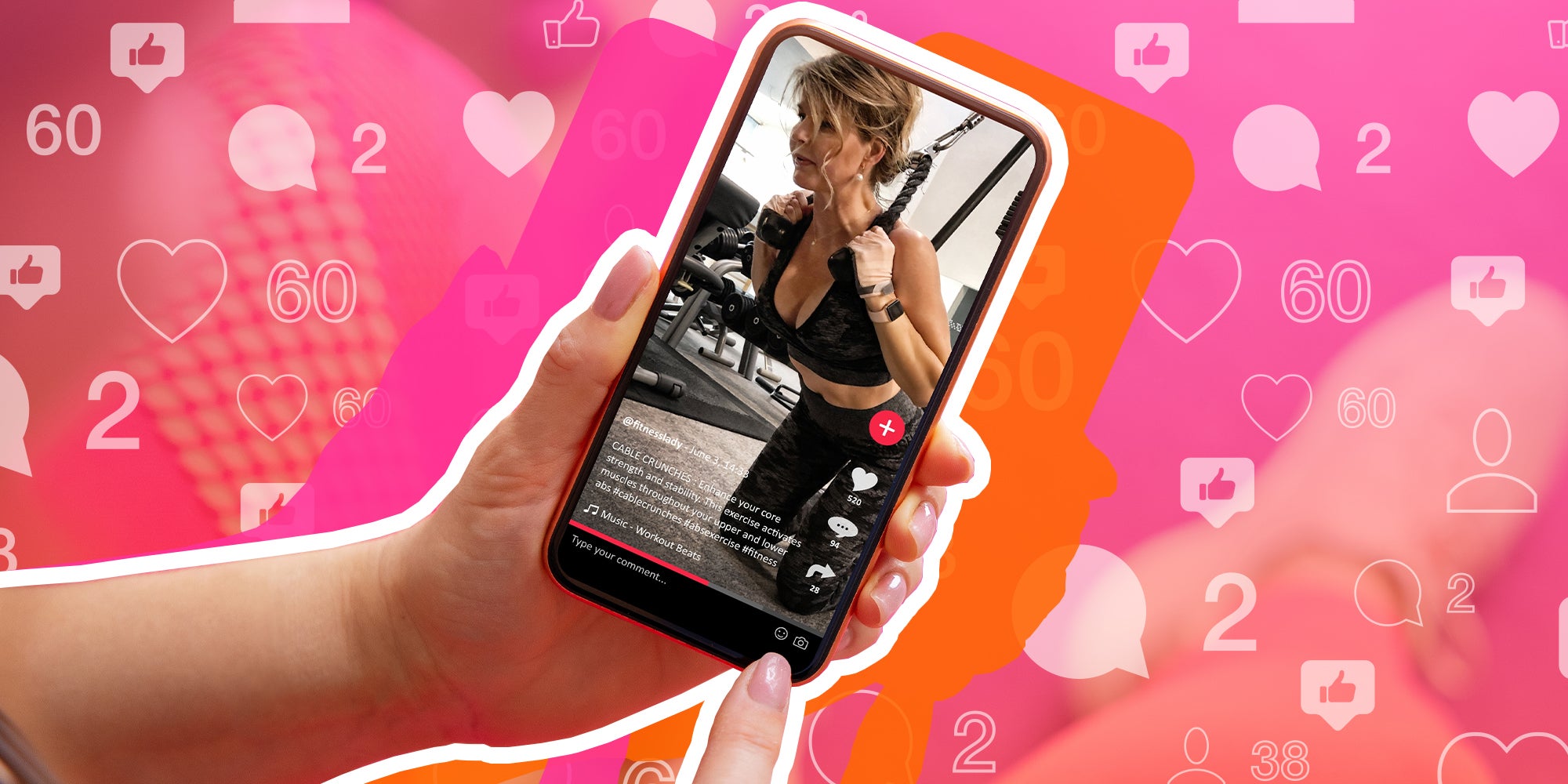
As social media obsession grows around Ozempic and buccal fat removal, the role of body-positive creators feels more crucial than ever before.
But what happens when those body positive creators end up losing weight? This was something Dromne Davis, a plus-sized model and influencer, reckoned with when she started to lose weight.
“Part of me was embarrassed and felt really guilty,” Davis told the New York Times in a Feb. 26 article. “All I ever wanted to do on the internet was make women feel OK about themselves.”
But Davis had been struggling with a secret battle of her own: She had relapsed into disordered eating habits. And she wasn’t sure how to share it with her audience.
One fan of Davis told the Times how she felt noticing one of her favorite body positive creators lose weight without explanation. “It made me feel like she was being dishonest with her community,” they said. “I don’t want to say it was owed to us, but it was such a drastic change.”
Parasocial relationships are a big part of being a content creator. But there’s a fine line between what an audience genuinely deserves, and what they feel entitled to. Does a body positive creator who loses weight really owe fans an explanation?
This is the central question the Times article grapples with. But if you want my take, the answer is ‘No.’ While audience transparency is important, it shouldn’t ever come to the detriment of the creators’ own well-being.
And oftentimes, people lose weight for reasons that have nothing to do with diet culture. Sometimes, it’s purely for health reasons.
Body positive creator Ella Halikas told NBC News in a Feb. 24 article that her doctor offered her an off-label Ozempic prescription to treat polycystic ovarian syndrome. However, she worried that taking the medication would disappoint her followers.
Though she decided not to take it, she said she still wonders what would happen if she did.
“I think when it comes to health concerns, where does body positivity come in now?” she told NBC. “You know, are they there to support me and my health concerns?”
There are plenty of reasons for creators to be concerned about the harmful effects of diet culture: with trends like AI beauty filters running rampant and brands editing creators’ photos without permission and rolling back inclusive clothing lines.
But at the end of the day, human beings deserve privacy when it comes to their personal health. Even if they choose to share some parts of their lives online.




